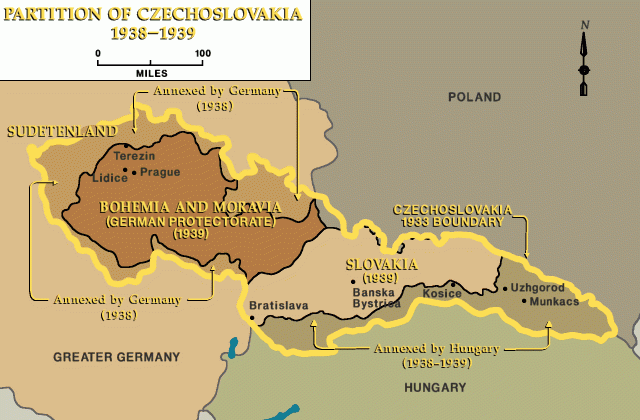Much of the World has proposed negotiations to end the Ukraine / Russian War. These calls come from both within the coalition suppling Ukraine with weapons and from countries that call on the war to end. The leaders of France, Israel, Italy, Germany, Türkiye and China – at a minimum – have pushed for this solution. Can it work?
The Problem with Starting and End Positions
The foremost problem with negotiations is that Ukraine and Russia have different starting points and end points in mind.
Ukraine wants / demands that negotiations include the Donetsk and Luhansk region that Russia considers “independent”, as well as Crimea. Ukraine’s position is that the entirety of the Ukraine that was adsorbed by Russia since independence must be included in any peace negotiations.
Russia’s position is that Crimea is an integral part of Russia and cannot be part of the negotiations. They keep the same hard line on the Donetsk and Luhansk regions that were Russian controlled before the war, that is they must be exempt from any peace negotiations. Russia would like to start negotiations from the current front lines. Many, perhaps most, commentators believe that ultimately Russia and Ukraine will have to start talks from near their current positions. Although both sides appear ready for Spring offensives.
For many western commentators (Alexander Ward, Lana Fix, Thomas Latschan) one of the basic assumptions is that we (the world) must force Ukraine to give Putin something, so Putin can proclaim a win. It is probably correct to assume that if Putin is not rewarded in some way, he will be removed from office. Therefore, the thinking goes, Putin will never give back land which Russia took from Ukraine in 2014.
The least the Putin will probably be able to sell is a withdrawal back to 2015 borders where Crimea, parts of Donetsk and Luhansk stay in Russian hands. However appeasing Russia and Putin is eerily similar to the deals the west made with Germany in 1938.
Munich, 1938
The most disturbing parallel for this moment is the Munich Conference in 1938.
The Munich Agreement was signed in 1938 between Germany, the United Kingdom, France and Italy. It was designed to end the low-level fighting between Hitler’s Germany and Czechoslovakia. After Germany annexed Austria in 1938, with wide support from the people of Austria, Germany turned its attention to the Sudetenland. Sudetenland is a geographic part of Czechoslovakia with a large Germany population at the time. To avoid, or at least delay, a war the major powers agreed to let Germany annex the Sudetenland, despite the fact there was no representation by Czechoslovakian officials at the conference. In agreeing to this outcome the United Kingdom and France gave up an ally’s territory without a fight.
Immediately after Czechoslovakia agreed to this, Poland, Hungary and Germany made more demands on Czechoslovakian territory. Germany invaded Czechoslovakia six months later but had already annex Sudetenland which was where most of the Czech defensive positions had been. The rump of Czechoslovakia was quickly overrun.
Parallels to the Ukraine Situation
In 2014 Russia attacked Ukraine and annexed Crimea and portions of the Donetsk and Luhansk region. Ukraine was too weak to object, and cold peace between the West and Russia left the regions in Russian hands.
Now many in the west believe that Ukraine should again give up some land to make Putin appear to have won something. But I believe that rewarding military attacks is a horrible idea. Despite big words, giving up territory to Russia would be an appeasement to an authoritarian. That rarely leads to the attacking power being deterred from future military ventures. Just like letting Russia have Crimea did not keep the rest of Ukraine safe.
Ukraine has a secondary reason to press on. The West and Russia both guaranteed Ukraine’s territorial integrity when Ukraine gave up its nuclear weapons. The brazen attacks by Russia on Ukraine’s territory and the United States’ and the United Kingdom’s complete inaction holds a deep lesson for Ukraine. Strike while you can because you never know when your allies will give up on you.




